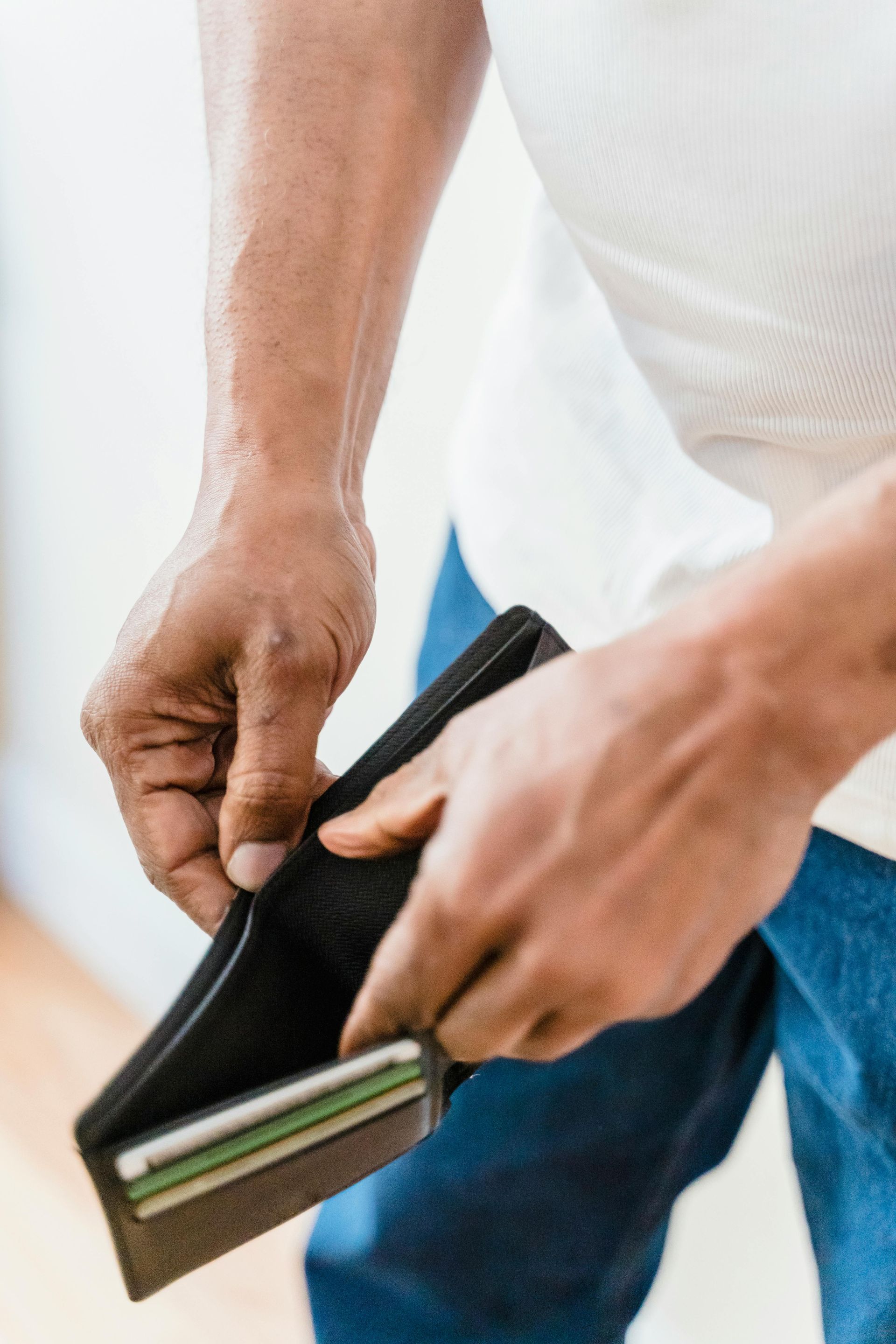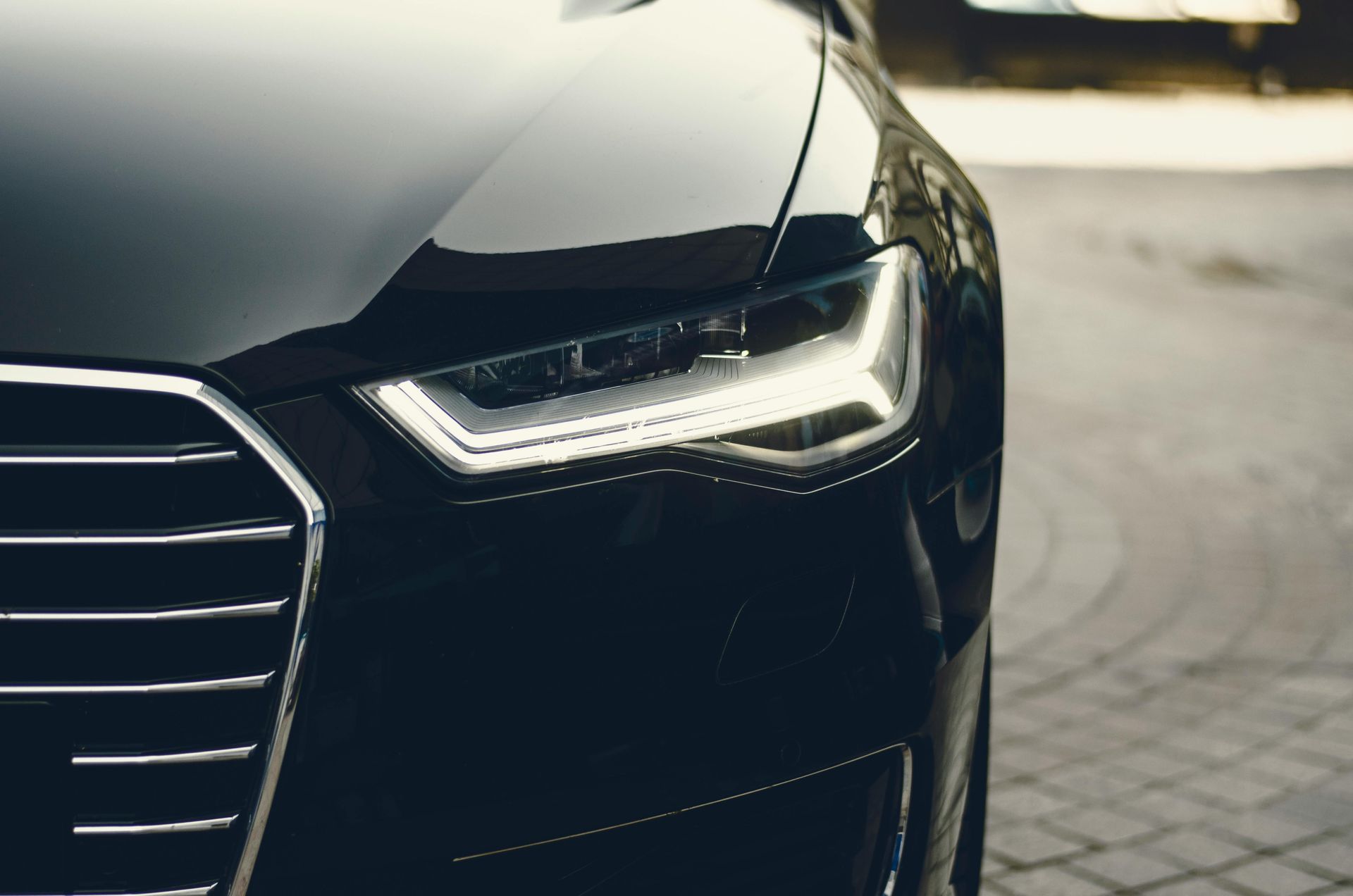What Types of Debt Can Be Discharged in Chapter 13 Bankruptcy in New Jersey?
What Types of Debt Can Be Discharged in Chapter 13 Bankruptcy in New Jersey?
If you’re struggling with debt in New Jersey, Chapter 13 bankruptcy may provide the opportunity to reorganize your finances and reduce or eliminate certain debts. At The Law Offices of Andy Winchell, P.C., we help individuals understand how this process works and which types of debts can be discharged under Chapter 13 bankruptcy.
Understanding Chapter 13 Bankruptcy
Chapter 13 is often referred to as a “wage earner’s plan” because it allows individuals with a steady income to repay all or part of their debts through a court-approved repayment plan over three to five years. At the end of the plan, many remaining eligible debts can be discharged—meaning you are no longer legally obligated to pay them.
Dischargeable Debts in Chapter 13
While Chapter 7 focuses on liquidation, Chapter 13 provides more flexibility with discharging debts, especially certain types that are not eligible for discharge under Chapter 7. Here are the primary types of debt that may be discharged in Chapter 13:
1. Credit Card Debt
Unsecured credit card debt is generally dischargeable. This includes balances, interest, and fees—even from accounts that have been charged off.
2. Medical Bills
Outstanding medical bills are typically fully dischargeable under Chapter 13, offering significant relief to individuals with ongoing or emergency medical costs.
3. Personal Loans and Pay-Day Loans
Unsecured personal loans, including those from payday lenders, are generally dischargeable if they are not secured by collateral.
4. Utility Bills and Collection Accounts
Old utility balances and amounts sent to collections are eligible for discharge.
5. Auto Loan Deficiencies
If your car was repossessed and you still owe a balance after the sale, that deficiency balance can usually be discharged.
6. Lease Obligations
Debts from leases—such as an apartment or car lease that was terminated early—can often be discharged under Chapter 13.
7. Certain Civil Judgments
Judgments for unpaid debts (excluding fraud, willful injury, or certain government penalties) can often be included in a Chapter 13 discharge.
Unique to Chapter 13: Super Discharge
Chapter 13 offers what's known as a “super discharge”—meaning it may wipe out debts that would not be dischargeable in Chapter 7. These can include:
- Debts incurred to pay nondischargeable tax obligations
- Certain marital debts (but not domestic support)
- Debts for willful and malicious property damage (but not personal injury)
- Debts from previous bankruptcy court sanctions
Debts That Are Not Discharged
Some debts generally remain even after completing a Chapter 13 plan:
- Student loans (except in rare hardship cases)
- Domestic support obligations (child support and alimony)
- Certain long-term debts like mortgages (unless otherwise modified)
- Recent tax debts and government fines
Why Legal Guidance Matters
Understanding which debts can be discharged requires a detailed review of your financial and legal situation. At The Law Offices of Andy Winchell, P.C., we offer tailored guidance to help New Jersey residents get the most out of their Chapter 13 bankruptcy filing.











